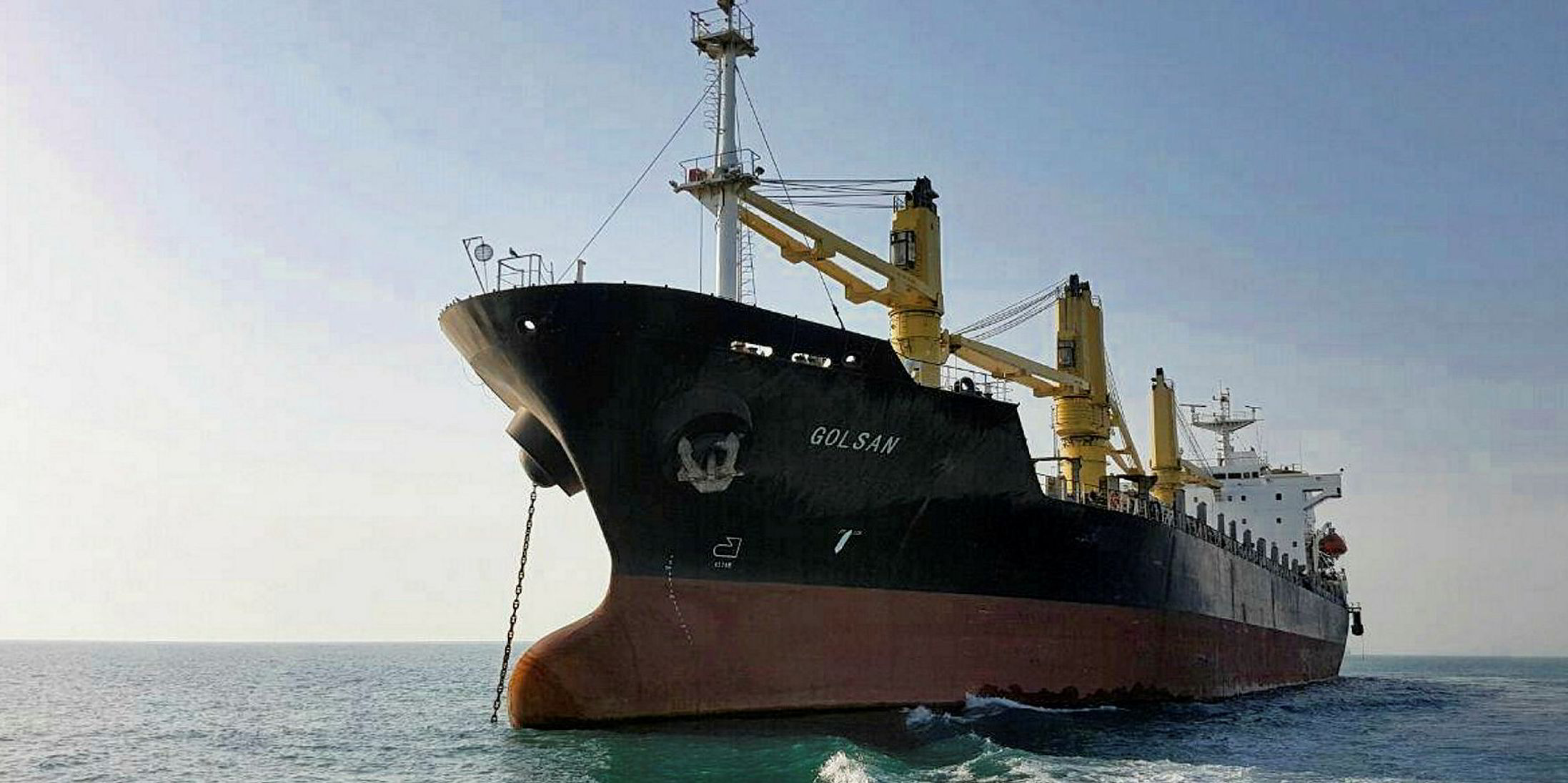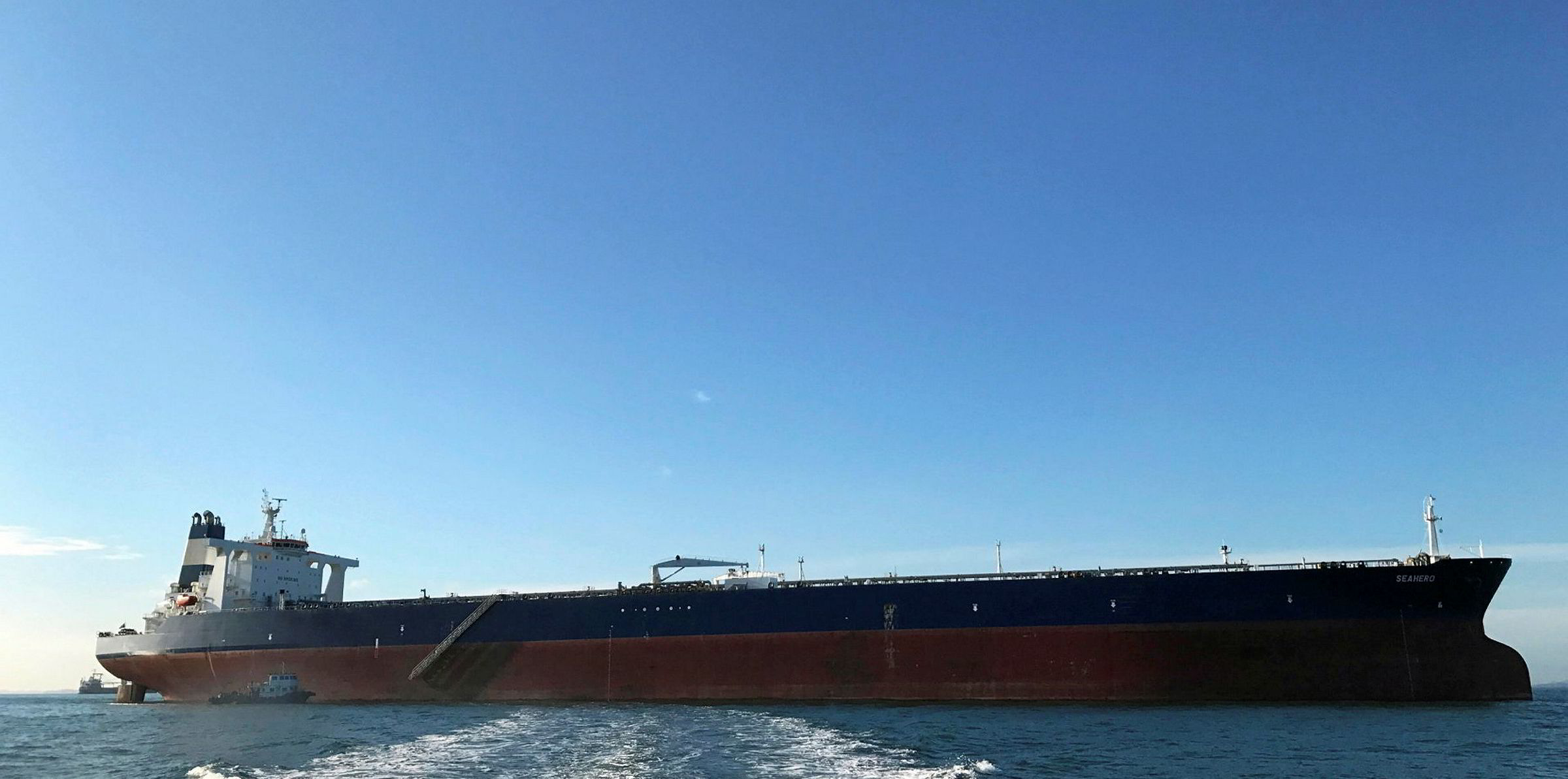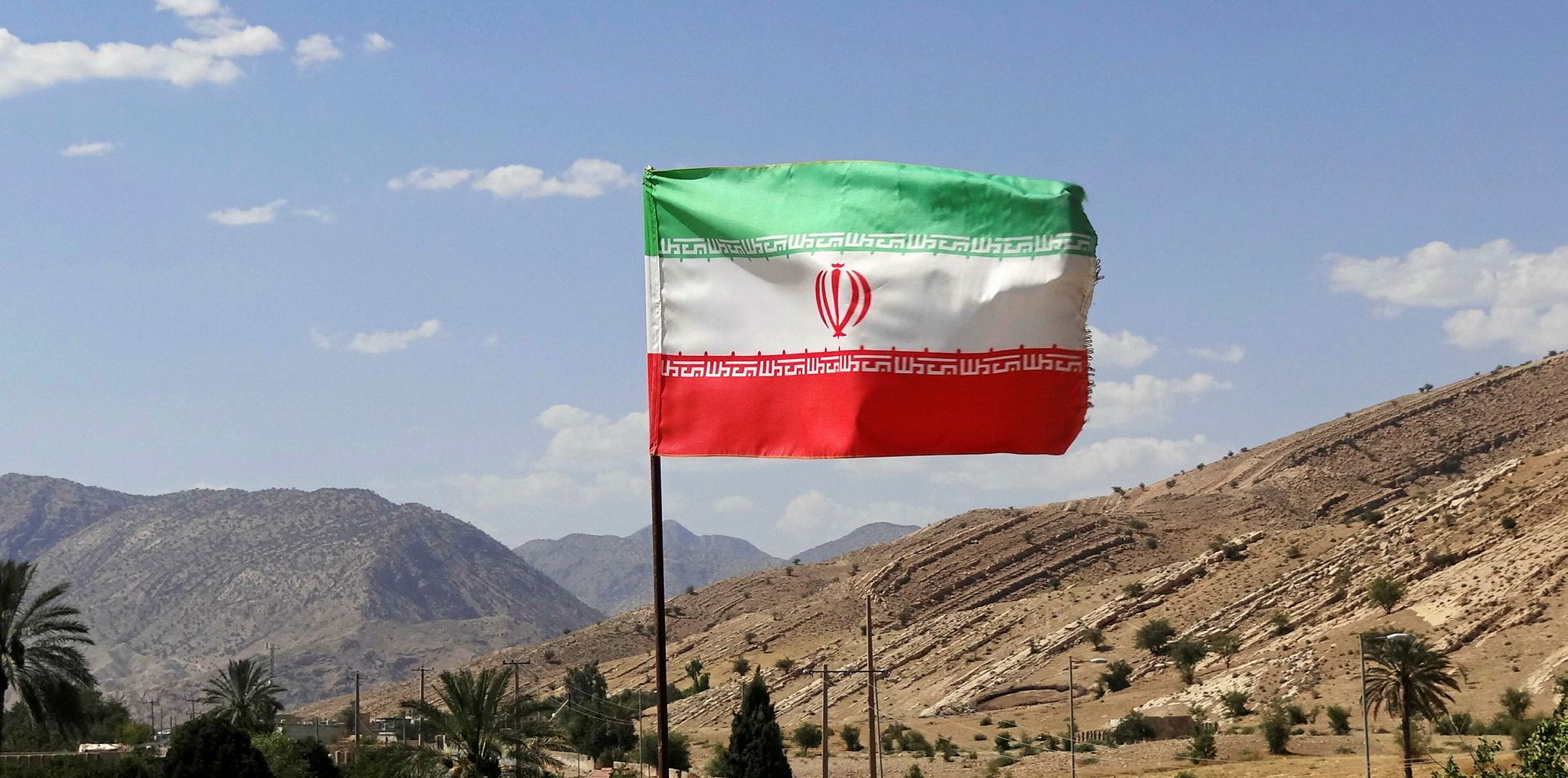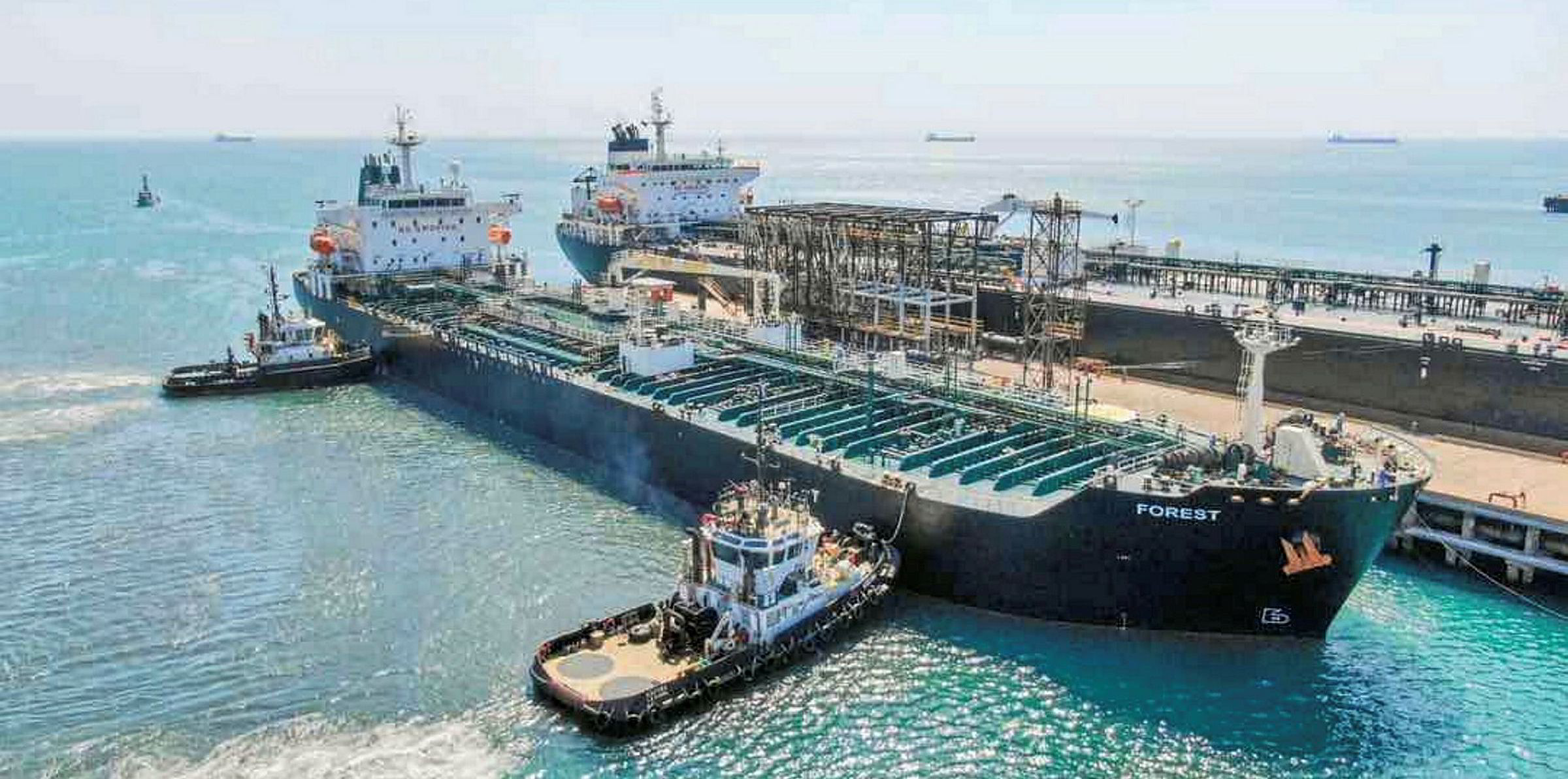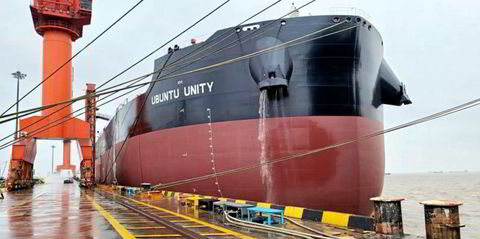Whether it was threatening, cajoling or outright blacklisting, the US this summer appeared able to sever the strengthening trade ties between two of its geopolitical rivals — Iran and Venezuela.
After a flotilla of five Iran-flag product tankers made the transatlantic journey laden with Iranian gasoline in late May and early June, the US threatened sanctions against up to 50 Greek-linked tankers known to trade with Venezuela.
It levied sanctions against six ships and their registered owners — before removing them once the shipowners promised to stay out of Venezuela.
It even moved in courts to seize the cargo on board four other Greek-linked tankers, eventually persuading the owner to turn it over to the US in a ship-to-ship transfer.
Punishment
But despite all the headlines and threats, there are still dozens of ships ready, willing and able to carry out trade between Iran and Venezuela.
Analysis by TradeWinds found more than 170 ships with ties to Iran or Venezuela on the US blacklist — a fleet already suffering the worst diplomatic punishment Washington has administered.
Call it the "black fleet".
According to data collected from the US Department of the Treasury’s Office of Foreign Assets Control and shipping databases, 179 tankers, bulkers, boxships and cargoships are blacklisted over their connections to Tehran and Caracas.
Of that number, 63 are containerships or cargoships and 34 are bulkers. Sixty-five are crude oil tankers, most of them VLCCs, with an average build date of 2004, plus 17 product tankers with an average build date of 2003.
It's complicated

All the bulkers, containership and cargoships fly the Iranian flag, along with most of the bulkers. All were added to the US sanctions list under its “maximum pressure” campaign launched in 2018.
Venezuelan sanctions have put just 12 ships on the list — six crude tankers and six product tankers — although their ownership and management is much more complicated and loops in a third US foe, Cuba.
Four of the 12 tankers are connected to a company called Caroil Transport Marine, which maintains an address in Cyprus, but is identified by Clarksons as being Cuban.
VesselsValue data shows that these tankers — the 72,714-dwt Petion (built 2006), 16,906-dwt Carlota C (built 2010), 73,719-dwt Sandino (built 2009) and 61,328-dwt Esperanza (built 2005) — primarily carry petroleum products between Venezuela and Cuba.
Further, maritime security consultancy Dryad Global has identified the Carlota C as probably having been loaded with the Iranian gasoline delivered to Venezuela this year.
Another — the 68,467-dwt Tropic Sea (built 2001) — flies the Greek flag and is owned by Magnus Maritime and managed by Dolentia Single Member, which are based at the same Athens address and have no connections to other ships.
The Tropic Sea works almost entirely in the Cuban domestic trade, according to VesselsValue.
Elena McLean, a political-science professor at the University at Buffalo, New York, told TradeWinds that sanctions increase “shadow economies” — the kind of informal economies that arise when countries are cut off from the global financial system.
McLean said the relationship between Venezuela and Iran was somewhat natural, with Venezuela in desperate need of gasoline, Iran’s export capacity cut off and both suffering the economic penalties of the US blacklist.
She said “it makes economic sense for the two countries to engage in these transactions, especially since these are barter exchanges, and hence cannot be blocked by the US in the same way international financial transactions can be”, as Venezuela reportedly paid for the gasoline in gold.
It is unclear what the US would do if Iran-flag vessels began carrying the trades again. American threats against Greek shipowners largely work because, if they were blacklisted, it would cut them off from the US financial system and any entities in the US would risk being sanctioned themselves if they were to do business with them.
Heavy price
Any action against Iranian or Venezuelan ships would most likely entail military action that would come with a much heavier diplomatic price. Further sanctions, however they could be applied, also run the risk of creating a list too unwieldy to enforce.
“It is simply too costly to enforce all these sanctions, especially when sanctioned countries and businesses turn to barter exchanges or use evasion strategies,” McLean said.
“The US tends to be more successful in enforcing financial sanctions, as financial transactions are easier to monitor, and the US has significant leverage over them as the global financial centre.”
